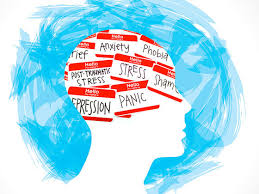Exercise is often associated with weight loss or physical appearance, but its benefits extend far beyond these superficial outcomes. Regular physical activity is crucial for maintaining a healthy body and mind, preventing disease, and improving quality of life. Whether you’re looking to improve fitness, manage stress, or boost energy levels, exercise plays a central role in achieving overall health.
The Physical Benefits of Exercise
- Heart Health: Regular physical activity strengthens the heart, improving circulation and lowering the risk of heart disease. It helps reduce cholesterol levels, lowers blood pressure, and improves overall cardiovascular function.
- Weight Management: Exercise helps burn calories, contributing to weight loss or weight maintenance. It also increases metabolism, which makes it easier to maintain a healthy weight over time.
- Stronger Muscles and Bones: Weight-bearing exercises like strength training and walking improve muscle strength and bone density, which can reduce the risk of osteoporosis and muscle degeneration.
Mental Health Benefits of Exercise
Exercise isn’t just good for the body—it’s also beneficial for mental well-being. Physical activity triggers the release of endorphins, which are natural mood lifters. Regular exercise can reduce symptoms of depression and anxiety, improve sleep, and boost self-esteem. It also provides an opportunity to connect with others, whether through group classes or outdoor activities, which can further enhance emotional health.
How Much Exercise Is Needed?
The American Heart Association recommends at least 150 minutes of moderate-intensity aerobic activity or 75 minutes of vigorous activity per week, along with muscle-strengthening activities at least two days a week. However, even small amounts of physical activity can have significant benefits, so it’s important to find an exercise routine that works for you.

